Description
Date: 29th June 2021
With over 80% of local governments declaring climate emergencies we can see high levels of ambition for local climate action in cities, rural areas, and island alike.
Glasgow has been at the forefront of much media attention as they gear up to host COP26. The city has a target of reaching climate neutrality by 2030, and the council has set up the Sustainable Glasgow Board to help deliver this.
Orkney has also been hailed as leading the way on climate action, and over the past few decades has seen a plethora of innovation activity in the energy sector.
Join us to explore how these regions are delivering on their climate ambitions, the challenges they face, and the role of their communities and citizens.
Meet the Panel Members
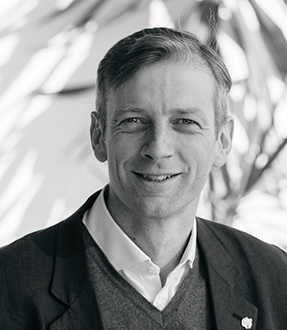
Dr Sam Gardner
Organisation:
ScottishPower
Professional role(s):
Head of Climate Change & Sustainability & Chair of Edinburgh Climate Commission
Career highlights:
Worked for WWF Scotland for 12 years on climate and environmental policy with a particular focus on the 09 and 2019 Scottish Climate Change Acts, EVs, low carbon infrastructure and plenty more. Seconded into the Scottish Government to help in the production of the Climate Change Plan to meet climate targets.
Interest in topic area:
Delivery of the transition to net zero will become increasingly granular and place based with solutions that must be fit for different communities. How we interpret and resource the translation of national policy to deliver local outcomes is critical to our ability to meet future climate targets.
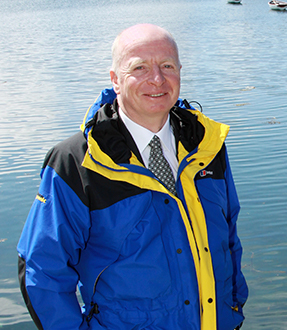
Neil Kermode. C.Eng, CIWEM, C.Env, FICE.
Organisation:
European Marine Energy Centre (EMEC) Ltd
Professional role(s):
Managing Director
Career highlights:
Hosting the world’s first floating wave energy converter and the UK’s first tidal turbine to generate into the national grid. Hosting the world’s most powerful tidal turbine, conceived in Orkney, that put electricity into our electrolyser to produce hydrogen from tides for the first time. Landing the UKRI’s ‘Profiting From the Energy Revolution’ project (ReFLEX) that is seeking to decarbonise heat and transport by using our renewables dominated grid more flexibly than before.
Interest in topic area:
I was born at 316 ppm CO2 (1959) and now we are at around 420. This has to stop if the planet is to remain habitable. Anything that puts more carbon into the atmosphere is a threat to use all and needs to be stopped as soon as we can manage it.
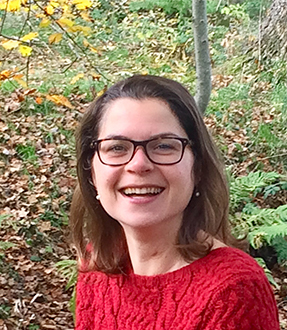
Dr Jen Roberts
Organisation:
University of Strathclyde
Professional role(s):
Chancellor’s Fellow (Lecturer) in Energy; Director MRes Climate Change Adaptation at Strathclyde; Co-founder of Strathclyde's new Global Environmental Monitoring and Policy (GEMaP) Centre
Career highlights:
1) Appointed Chancellor’s Fellow (Lecturer) in Energy, where I work on highly interdisciplinary and applied ‘whole systems’ work on sustainable development. 2) ClimateXChange research from 2013 – 2016, and Research Coordinator for the ambitious interdisciplinary project ‘Involving Communities in Deliberation’ which had notable impact in policy and practice
Interest in topic area:
Understanding how a socially and environmentally just transition to net zero carbon can be implemented, and the role of place-based participatory approaches in delivering sustainable development objectives.
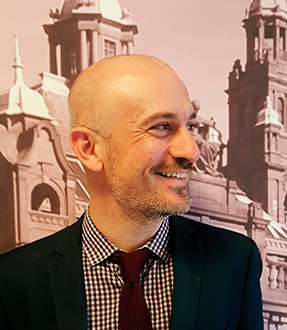
Gavin Slater
Organisation:
Glasgow City Council’s Neighbourhoods, Regeneration and Sustainability
Professional role(s):
Head of Sustainability Chief Responsible Officer for the Glasgow component of the EU Horizon 2020 RUGGEDISED project
Career highlights:
Delivery of the Council’s first Carbon Management Plan and the city’s first Energy & Carbon Masterplan, which set out how we would achieve a 30% reduction in CO2 emissions by 2020 Achieving that target for the city almost 5 years early after much hard work in increasing energy efficiency and the deployment of renewable energy technologies. Working on lighthouse projects, such as Future City: Glasgow, the Horizon 2020 funded RUGGEDISED project, and the FP7 funded project STEP:UP project, building professional relationships and lasting friendships with amazing colleagues across many organisations and cities across the world.
Interest in topic area:
I have always held a strong connection to our natural world whilst having an active interest in technology; it is a privilege to spend my professional life working towards making meaningful change in the battle against climate change.
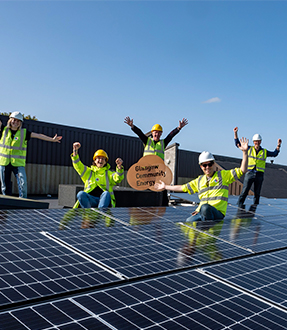
Ellie Harrison
Organisation:
Glasgow Community Energy
Professional role(s):
Ellie is the current chair of Glasgow Community Energy - Glasgow's new community-owned renewable energy co-operative. The project has been developed by local people on a largely voluntary basis over the last six years, and in 2020 was able to complete its first two solar installations on schools owned by Glasgow City Council. Following a successful Community Share Offer to raise funds and bring in new members to the co-operative, Glasgow Community Energy intends to expand to further sites across the city and explore other renewable energy technologies over the coming years. Chief Responsible Officer for the Glasgow component of the EU Horizon 2020 RUGGEDISED project
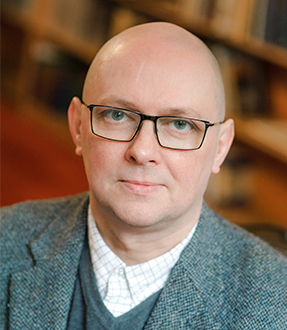
Professor Kenneth Gibb
Organisation:
University of Glasgow/UK Collaborative Centre for Housing Evidence (CaCHE)
Professional role(s):
Professor of housing economics; Director CaCHE
Career highlights:
1) Winning ESRC Centre competition to set up CaCHE 2) First director of Policy Scotland at the University of Glasgow 3) Co-director and team member that won ESRC What Works Scotland initiative
Interest in topic area:
Becoming more and more involved in economics of housing green retrofit research in recent years and this spilled over into wider University networks